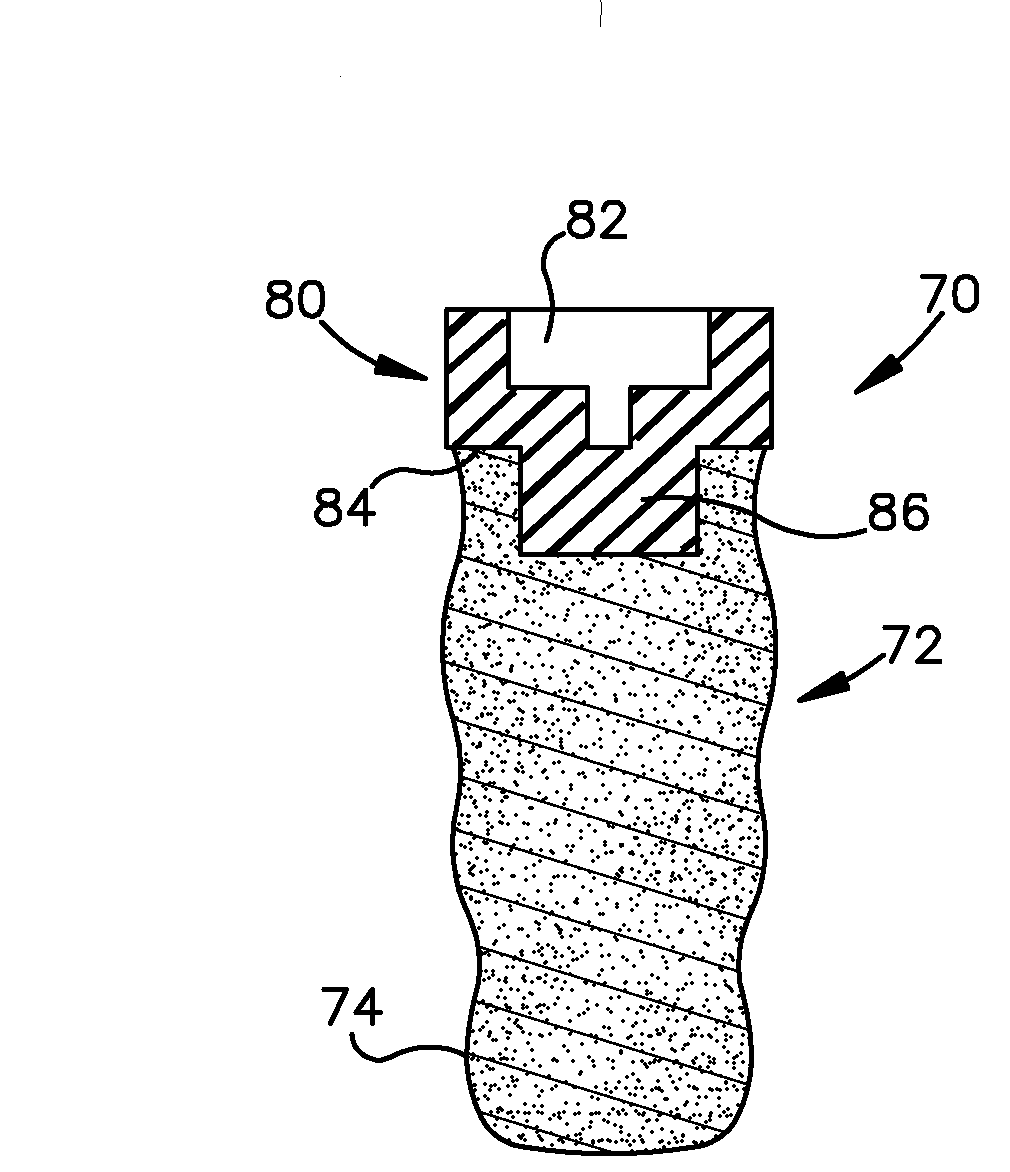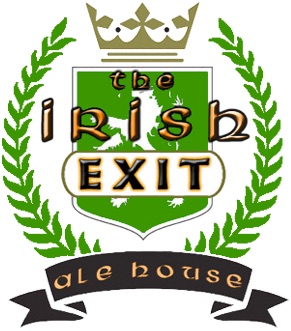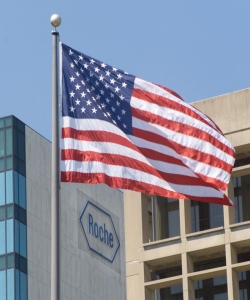Indianapolis, Indiana – A copyright attorney for Malibu Media, LLC d/b/a X-Art.com of Los Angeles, California has sued alleging that an unidentified Indiana resident, “John Doe,” infringed numerous of its copyrighted works in the Southern District of Indiana between July 2012 and May 2014.
The “John Doe” defendant in this copyright infringement lawsuit allegedly used the BitTorrent file-sharing protocol to illegally download, copy and distribute elements of various works of Malibu Media’s copyrighted material. Malibu Media has also claimed that the defendant is a “persistent online infringer.” It claims that “John Doe” has infringed 43 separate copyrighted works owned by Malibu Media. Of these 43 works, 42 have been registered by the U.S. Copyright Office. One registration remains pending.
Malibu Media seeks a permanent injunction against infringing activities; an order by the court to remove infringing materials from all computers of the defendant; an award of statutory damages pursuant to 17 U.S.C. § 504(a) and (c) and reasonable attorneys’ fees and costs.
Practice Tip #1: The BitTorrent protocol is a decentralized method that allows users to distribute data via the Internet, and has become an extremely popular method for unlawful copying, reproducing and distributing files in violation of the copyright laws. While the copyright infringements committed with BitTorrent once consisted mostly of music copyright violations, the adult entertainment industry has increasingly been filing suit against infringers who have used BitTorrent-based technology.
Practice Tip #2: Malibu Media, LLC is represented by Paul Nicoletti, one of the country’s most notorious “copyright troll” attorneys. In addition to filing suits on behalf of Malibu Media, LLC, he has also sued hundreds of defendants on behalf of copyright trolls Patrick Collins, Inc. and TCYK, LLC. (Search for these company names on this site to find articles about those other suits, or visit http://fightcopyrighttrolls.com/or www.dietrolldie.com.)
Practice Tip #3: Overhauser Law Offices, the publisher of this website, has represented several hundred persons and businesses regarding copyright infringement and similar matters.
 Indiana Intellectual Property Law News
Indiana Intellectual Property Law News


 California d/b/a X-Art.com filed a copyright infringement lawsuit in the
California d/b/a X-Art.com filed a copyright infringement lawsuit in the  Georgia (“CleanTech”) filed a patent infringement lawsuit in the
Georgia (“CleanTech”) filed a patent infringement lawsuit in the  Active Systems, Inc.
Active Systems, Inc. Feasterville, Pennsylvania sued in the
Feasterville, Pennsylvania sued in the 
 the
the  New York (“BMI”),
New York (“BMI”),  Germany and
Germany and